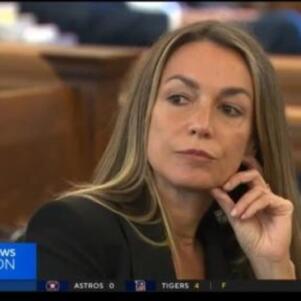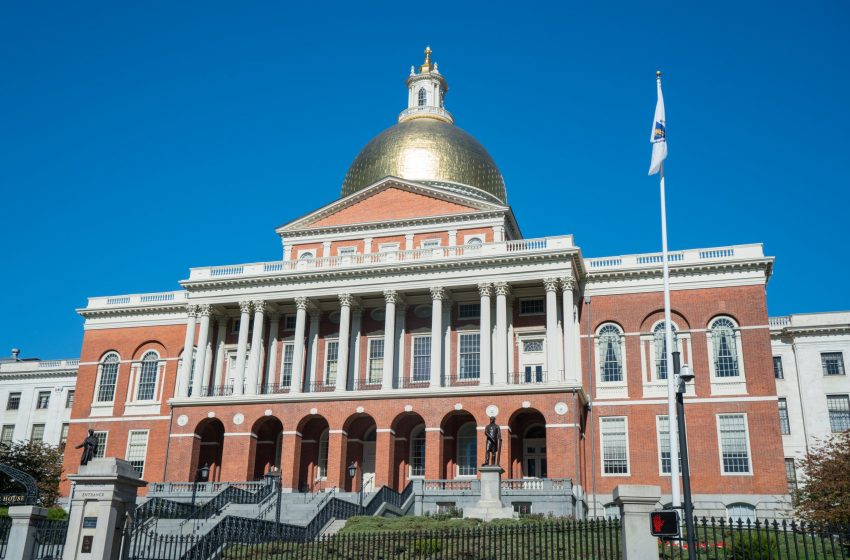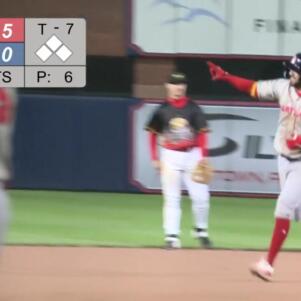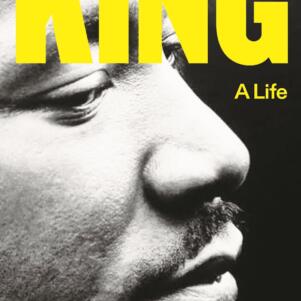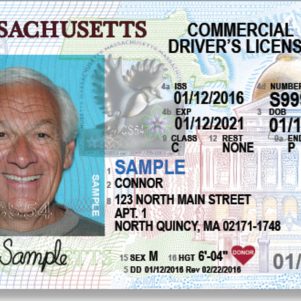Drug Dealer’s Murder Appeal Turned Down
By NBP Staff | January 10, 2019, 12:41 EST
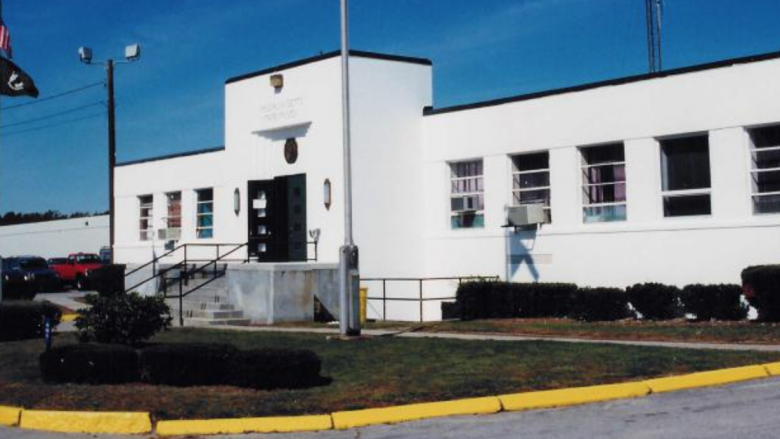 Massachusetts Correctional Institution — Cedar Junction in Walpole
Massachusetts Correctional Institution — Cedar Junction in Walpole The Massachusetts Supreme Judicial Court has upheld the first-degree murder conviction of a heroin dealer who shot a potential customer to death in Lawrence.
Jose Hernandez claimed at trial that he shot Roberto Plaza in the chest on June 7, 2009 in self-defense when Plaza while sitting in his car reached for something shiny that Hernandez thought was a gun.
However, the Supreme Judicial Court said in an opinion Wednesday, January 9, “The prosecution presented evidence that the only items found in the motor vehicle in which the victim sat were a steering wheel locking device, a baseball hat, a cigarette lighter, a cellular telephone, and a twenty dollar bill, and argued that none of these items could have been mistaken for a firearm.”
Hernandez’s appellate lawyer argued that the trial judge, David A. Lowy (who joined the Supreme Judicial Court in July 2016, and is currently an associate justice on the court) made various errors, including not allowing the defense lawyer to adequately make a case that a prosecution witness who later retrieved and sold the murder weapon for the defendant testified against him at trial mainly because he got a good deal from prosecutors on two drug charges.
But the high court found that the defense lawyer got enough leeway to make that case. The high court also rejected an argument that the defense wasn’t allowed to make a case that the victim’s behavior when coming down from a heroin high led to the shooting. The court opinion says the trial judge correctly prevented a lay witness from offering an expert opinion on heroin withdrawal, and also properly allowed the witness to testify about his own experiences with heroin withdrawal.
The defendant’s appellate lawyer also argued that the testimony of a Massachusetts State Police chemist tainted the trial. The chemist, who supervised the crime scene, later resigned from the State Police crime lab after being criticized for performance deficiencies. But the court found that the chemist’s testimony consisted merely of factual observances, not expert opinion, and that the crucial search of the victim’s car was performed by a police sergeant, not the chemist.
The court also discounted what the defense described as exculpatory evidence that a confidential informant told police a hit had been put out on the victim for unpaid drug debts. The court noted that since Hernandez admitted shooting the victim, arguing an alternative theory of the killing doesn’t make sense.
The opinion was joined by chief justice Ralph Gants and associate justices Frank Gaziano, Kimberly Budd, and Elspeth Cypher. It does not mention David Lowy, who was the trial judge in the case.
Plaza, who was 32 at the time of his death, knocked at the door of Hernandez’s home in Lawrence to buy narcotics from him at a time when Hernandez was drinking beer and using heroin with a friend. Hernandez told Plaza to leave and call Hernandez’s “workers,” but Plaza said the workers “do not answer the phones.” An argument that began at the home continued when Plaza got in his car, and Hernandez shot Plaza from the passenger side of the car.
Hernandez, who was 53 in March 2012, is serving a life sentence.
At his sentencing in Salem Superior Court in March 2012, as reported by the Lawrence Eagle-Tribune, Hernandez asked for forgiveness from the family of the victim, saying: “They lost a child and I lost my family. … I am going to die in jail. But I ask for your forgiveness and I hope they can forgive me.”

